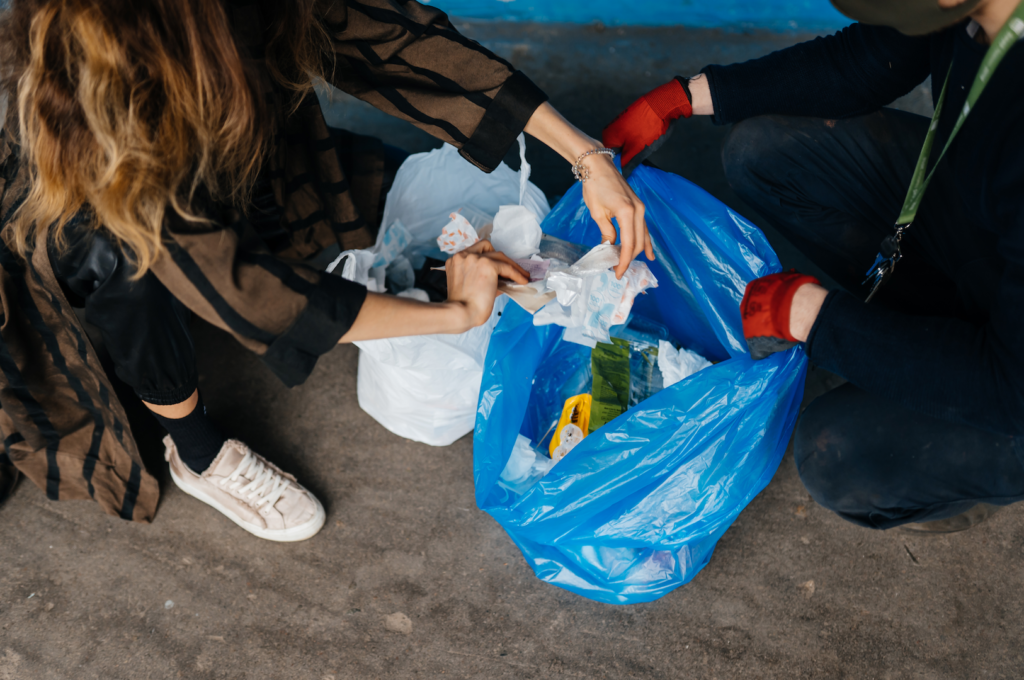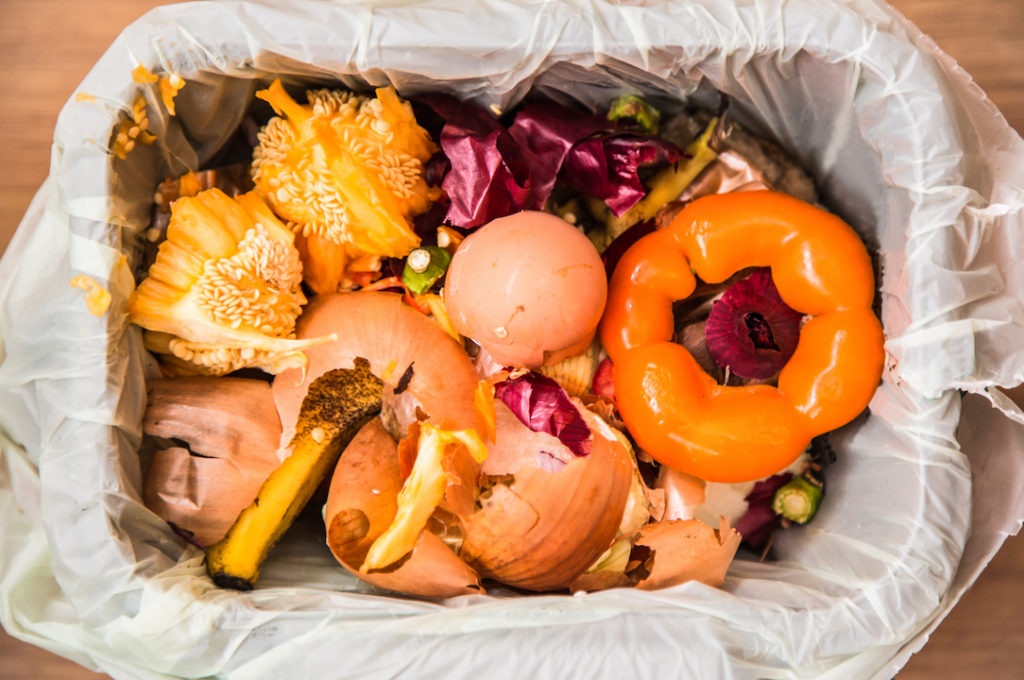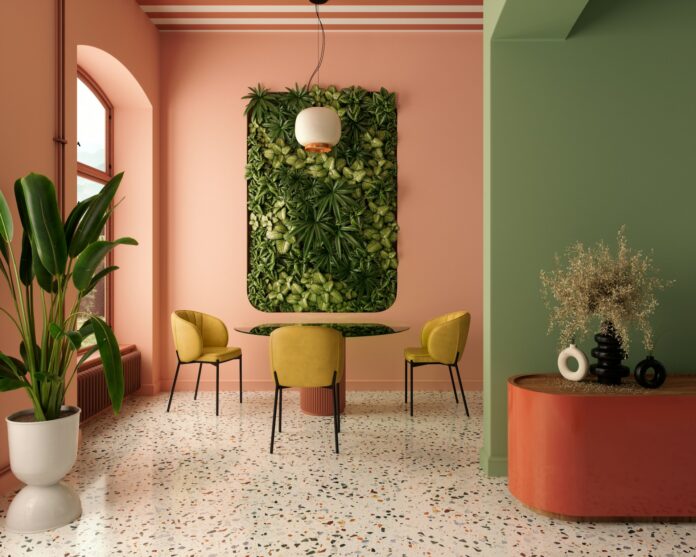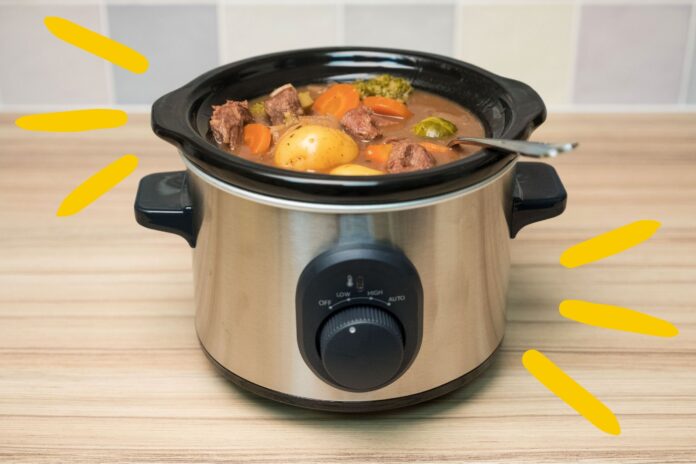Out of sight, out of mind, as they say. And let’s face it; it’s all too easy to forget what you can’t see. But climate change and its resultant issues simply can’t be ignored any longer. In fact, we’re already seeing its impact. There should be no excuse, then, to turn a blind eye.
Three years ago it was reported that just 100 companies were responsible for 71% of climate change, and with capitalism dangerously fixated on constant growth, we expect that percentage may have risen even further since.
That said, the little person can still make a big difference and one of the simplest ways to do just that is to dispose of and process waste in an eco-friendly manner, enabling recycling where possible and preventing it from ending up in the ocean.
Indeed, according to a study in 2015, around 4.8 to 12.7 million metric tonnes of plastics are now dumped into the sea annually. These destroy marine habitats and endanger aquatic species. Simply put, sorting and recycling your waste can directly save marine life. And that’s only one of many positive outcomes which could follow a more sustainable approach globally.
With that in mind, here are 8 IDEAL tips for disposing of waste in an eco-friendly manner.
SEGREGATE YOUR WASTE
Separating your waste is the first step in any responsible recycling or reusing program. It’s generally recommended that you use three separate waste bins in your home. One for biodegradable waste (organic waste, cardboard, etc), one for non-biodegradable waste (plastics, glass, metal, etc) and the last one for hazardous waste (paint, light bulbs, etc).
As the guys at TW Services, who offer skip hire in Folkestone, tell us, this small change to your domestic disposal routine will save waste workers hours of their time later down the line. This also enables you to process and dispose of your waste by yourself; you can use your organic waste as compost and recycle the plastics. Do remember that when disposing of any hazardous waste, either go to a local recycling station or contact your local rubbish removal authority to get it collected

RECYCLE YOUR PLASTICS
Single-use plastics are one of the sustainable environment’s biggest enemies. Currently, 69 countries have banned or put some restrictions on single-use plastics. Of note, Canada is set to ban single-use plastics in 2021, while the Philippines is now holding plastic producers accountable for cleaning up the waste it’s responsible for. Promising signs, indeed, but what can you do?
It’s been reported that the global pandemic has worsened the situation. In a study conducted in June 2020, researchers estimated a monthly use of 129 billion face masks and 65 billion gloves across the globe. That is an immense amount of non-biodegradable waste.
But there is a silver lining. Almost 75% of all non-biodegradable waste can be recycled. If you are unsure of how to go about it, take the non-biodegradable waste to your local recycling station and they will sort out the rest. Recycling is one of the best ways to create a positive impact on the environment.
REUSE YOUR RUBBISH
One man’s trash might just be another man’s treasure. Before you dump your rubbish, take a hard look at what you can reuse to build something new. Upcycling will reduce the amount of waste you create, and you might be left with some really nifty, unique pieces around the home. Check out our piece on 5 IDEAL upcycling ideas for your bedroom for a healthy dose of inspiration!
MASTER THE ART OF COMPOSTING
Are you wondering what to do with all those kitchen scraps? If you can’t figure out a way to use them in your next meal, then composting is a great way to put your vegetable peels and food scraps to good use. If you have a garden, you can dig a compost pit and dump your biodegradable waste there, to be covered for a few months. If you don’t have a garden, you could ask your neighbours to take the load, emphasising that sense of community spirit which is so important to successful environmental action.
There are plenty of DIY composting ideas that require very little space. And at the end of it, you can use the compost later as free fertiliser for your garden or for the neighbourhood’s trees and flowerbeds.

ANAEROBIC DIGESTION AND CLEAN ENERGY
This process is less popular but a lot more efficient. It involves putting your organic waste in a box completely free of oxygen and adding bacteria to it. This bacteria then breaks down the waste. This process produces fertilizers as well as methane and other calorific gasses that can be harnessed to create completely clean energy.
Interestingly, Sweden is leading the anaerobic waste management movement by converting 100% of its organic waste into energy. If you have a waste-to-energy plant near you, you can drop off your organic waste with them. This could be the future, make no mistake!
MAKE A WORM BIN
So you don’t have the means for anaerobic waste disposal but want a faster process than regular composting? Then perhaps a worm bin is your perfect fit. All you need is a moderately sized bin to dump your organic waste in, and some red worms that you can easily dig up and rehouse.
Simply place the worms in with your waste, and they will rapidly break down the organic material into fertilizer. Best of all, you can reuse the worms and the bins later on. Keep the setup between 12.5°C and 25°C for best results.
ECO BRICKS AND CONSTRUCTION
To get a little more niche, you can even tightly pack plastic bottles with torn up dry plastic to create eco-bricks. These bricks are great for construction and are now being used widely across the world in sustainable building projects, providing an innovative way to build sturdy houses as the plastic has high impact resistance.
What’s more, some engineers have invented a way to compress plastic waste into a solid brick by mixing them with sand and ash, which are reportedly as strong as regular bricks. Fascinating stuff!
FEED FARM ANIMALS
If you live near a farm, then you can send them most of your organic waste, which will be turned into animal feed and in turn, efficiently disposed of. Before you start sending them waste, do check first on what the animals can consume and what they can’t. Not all organic waste can be used for feeding animals, after all.
HIRE A GARBAGE COLLECTION COMPANY
If you are short on time, space or energy to dispose of your waste in an environmentally friendly way, then hiring the professionals to do the dirty work for you is the easiest option.





